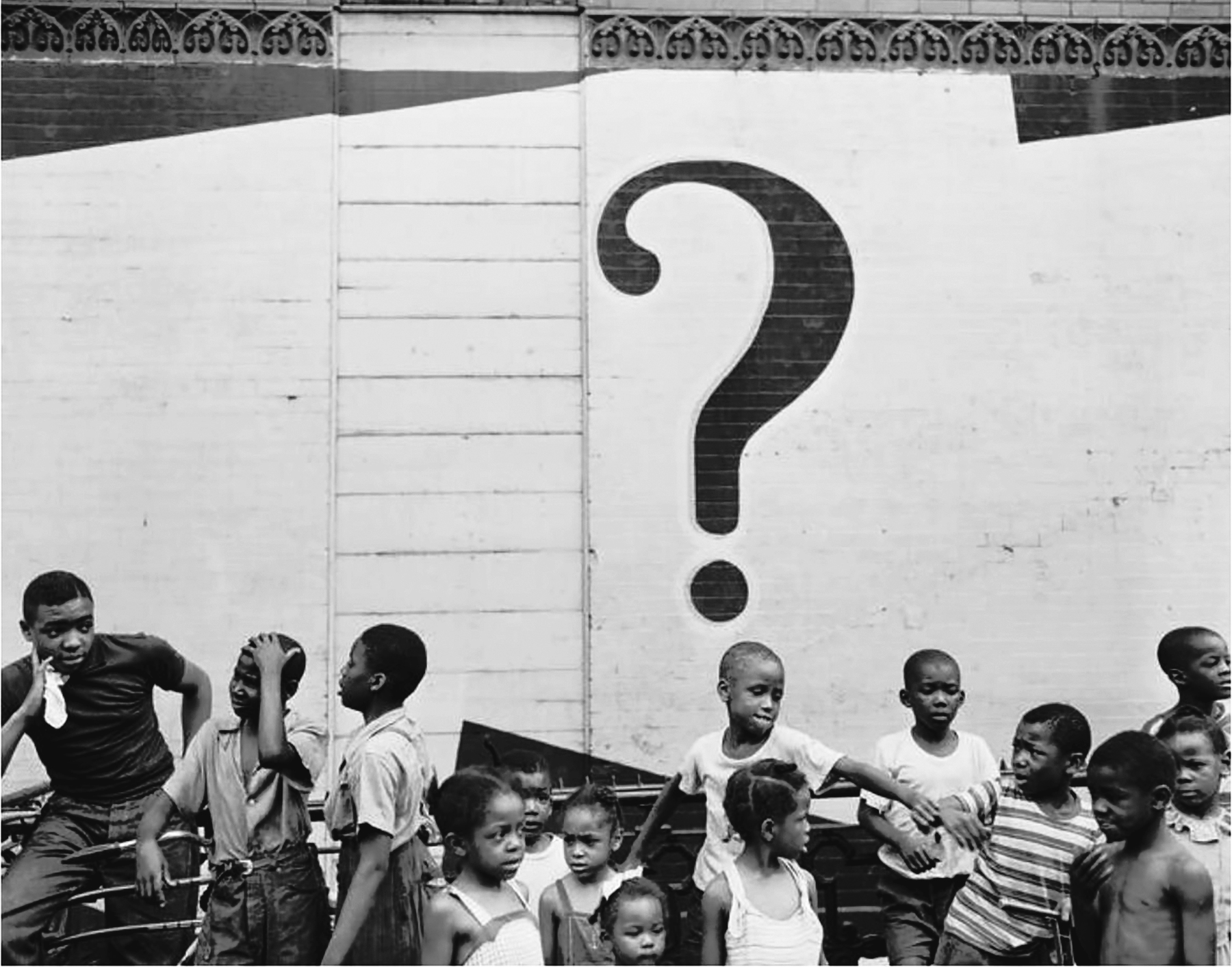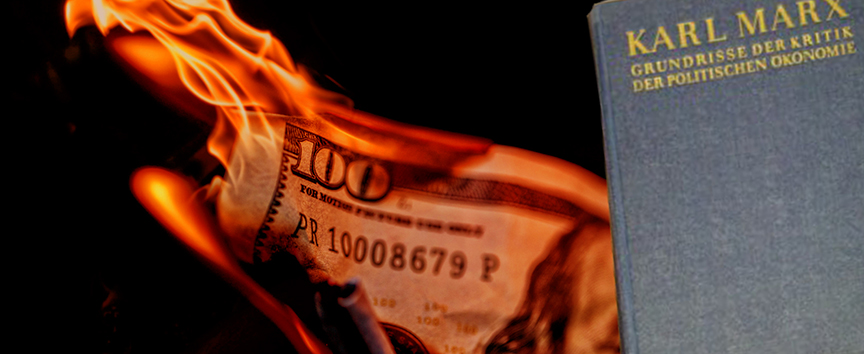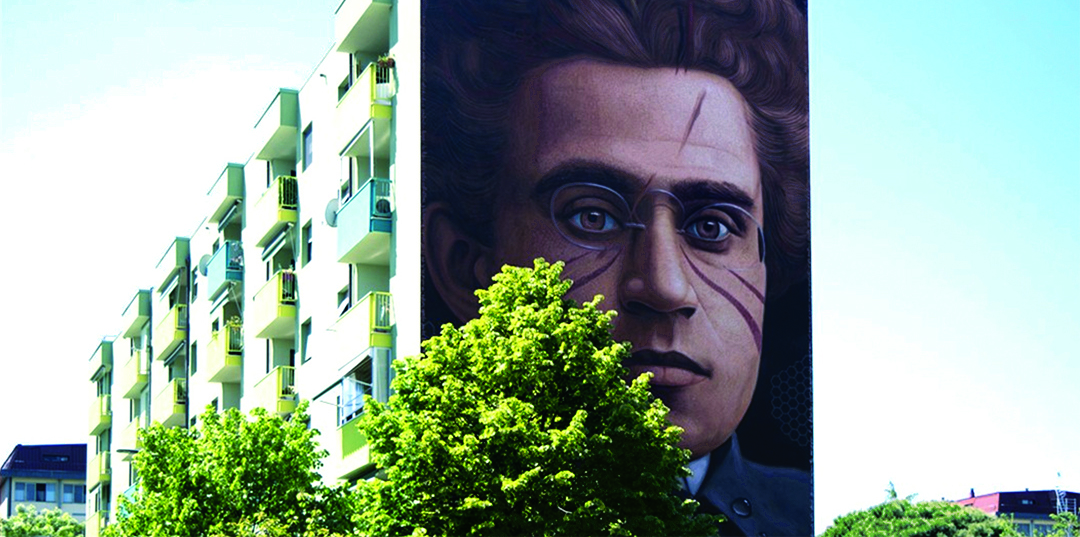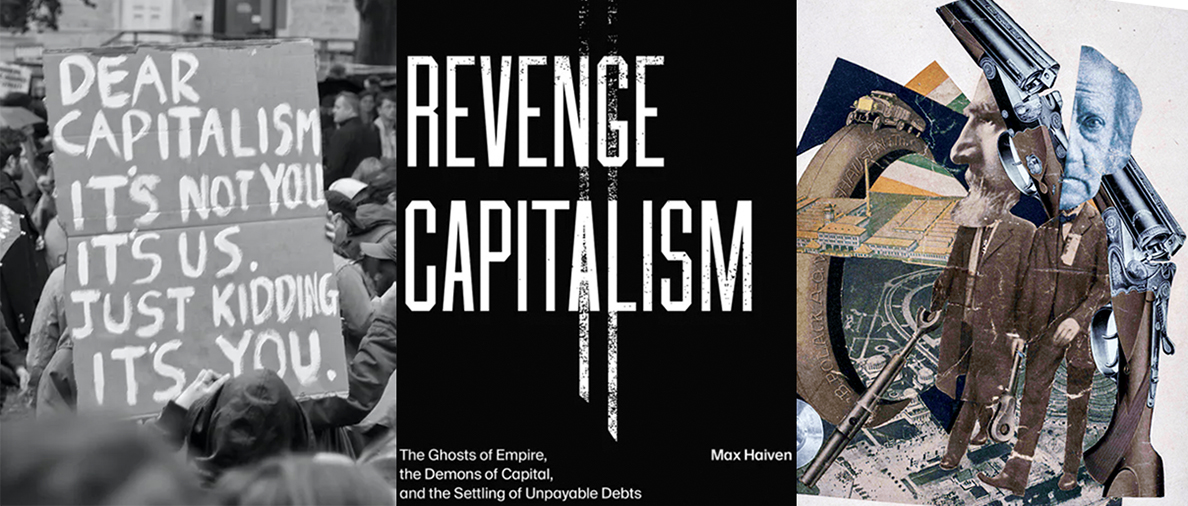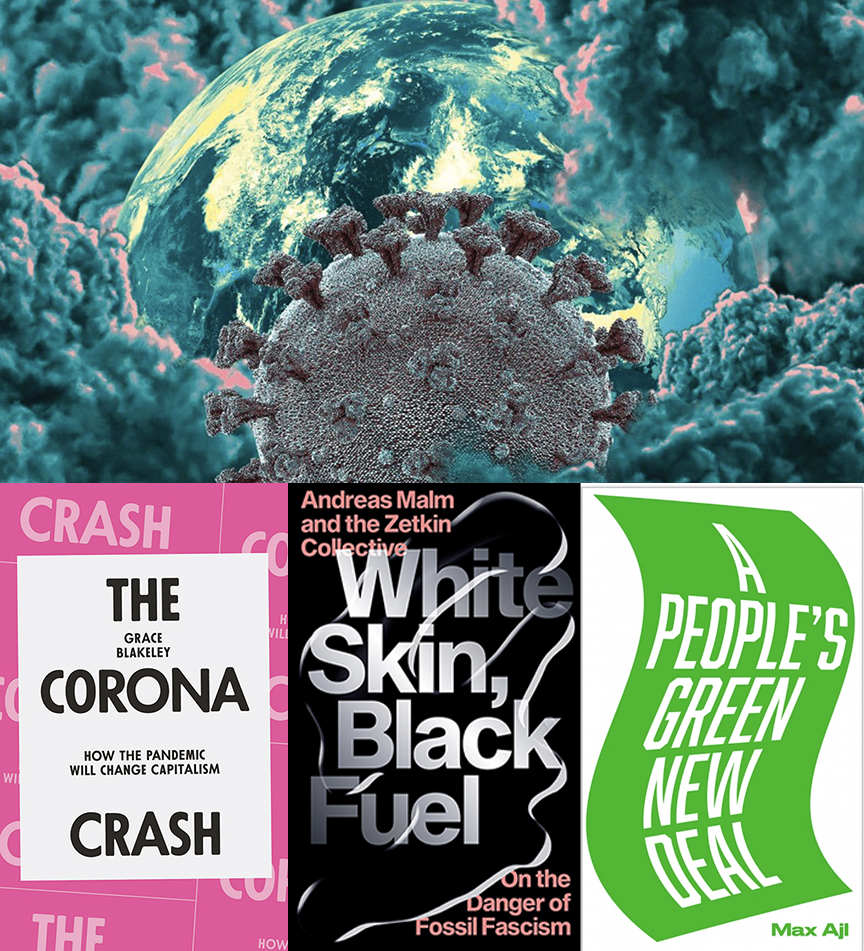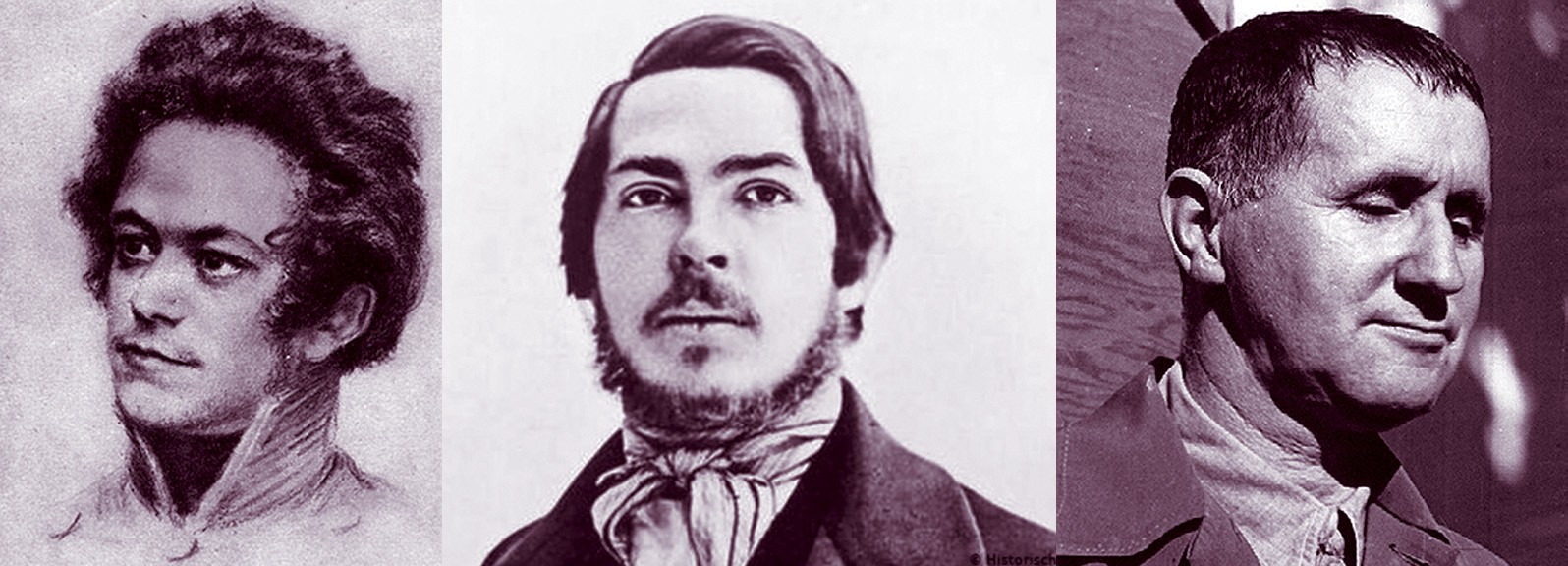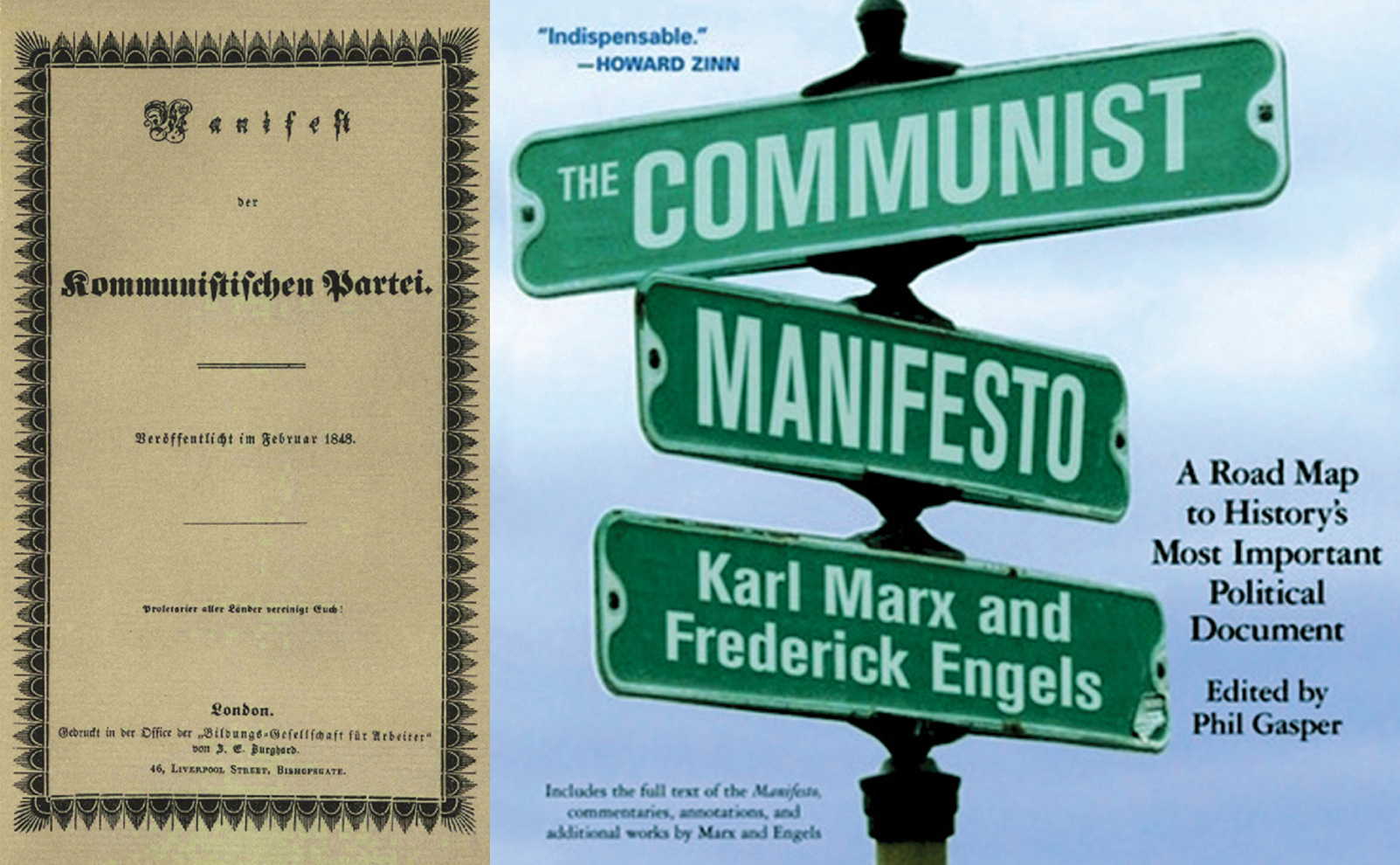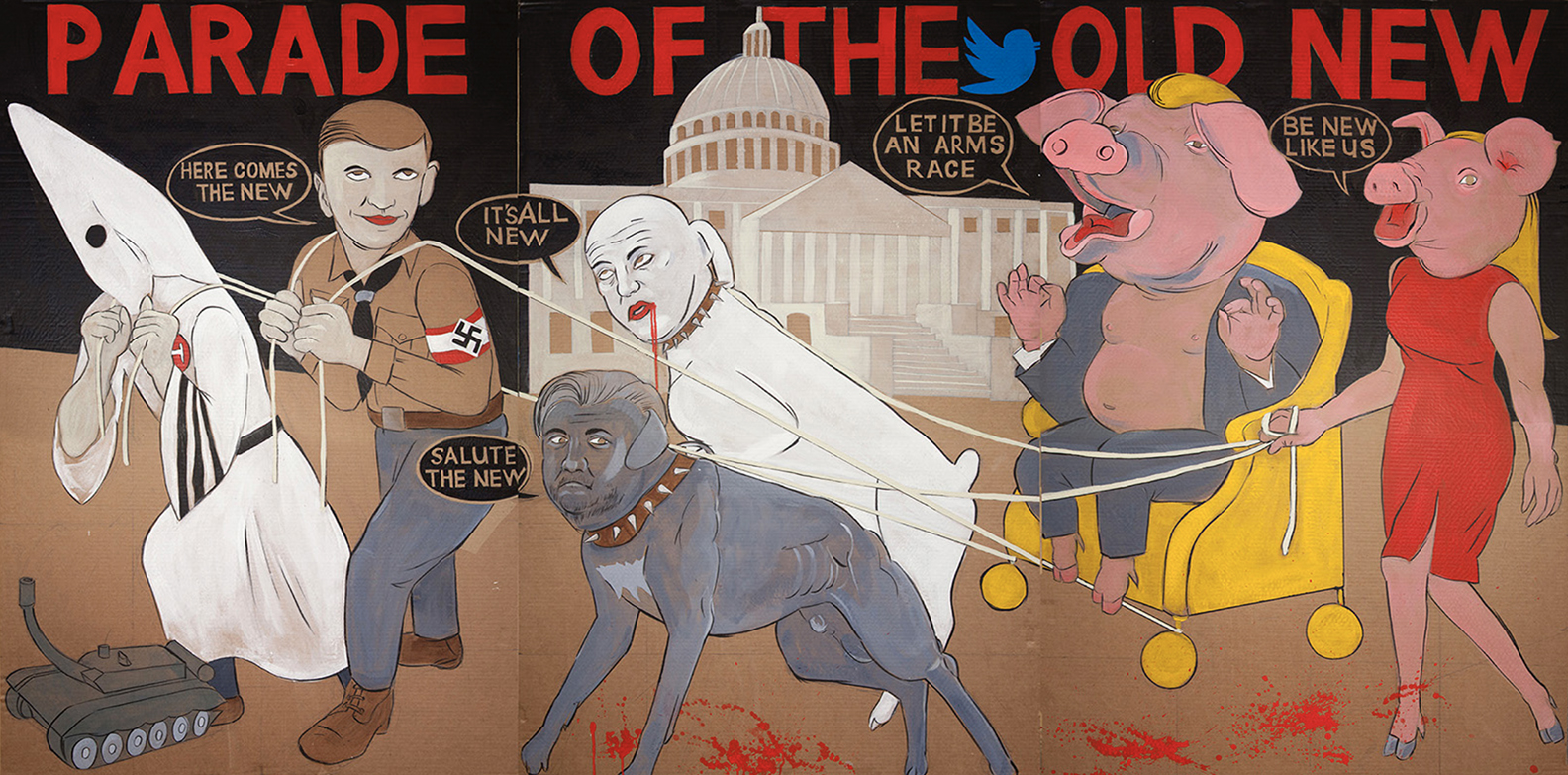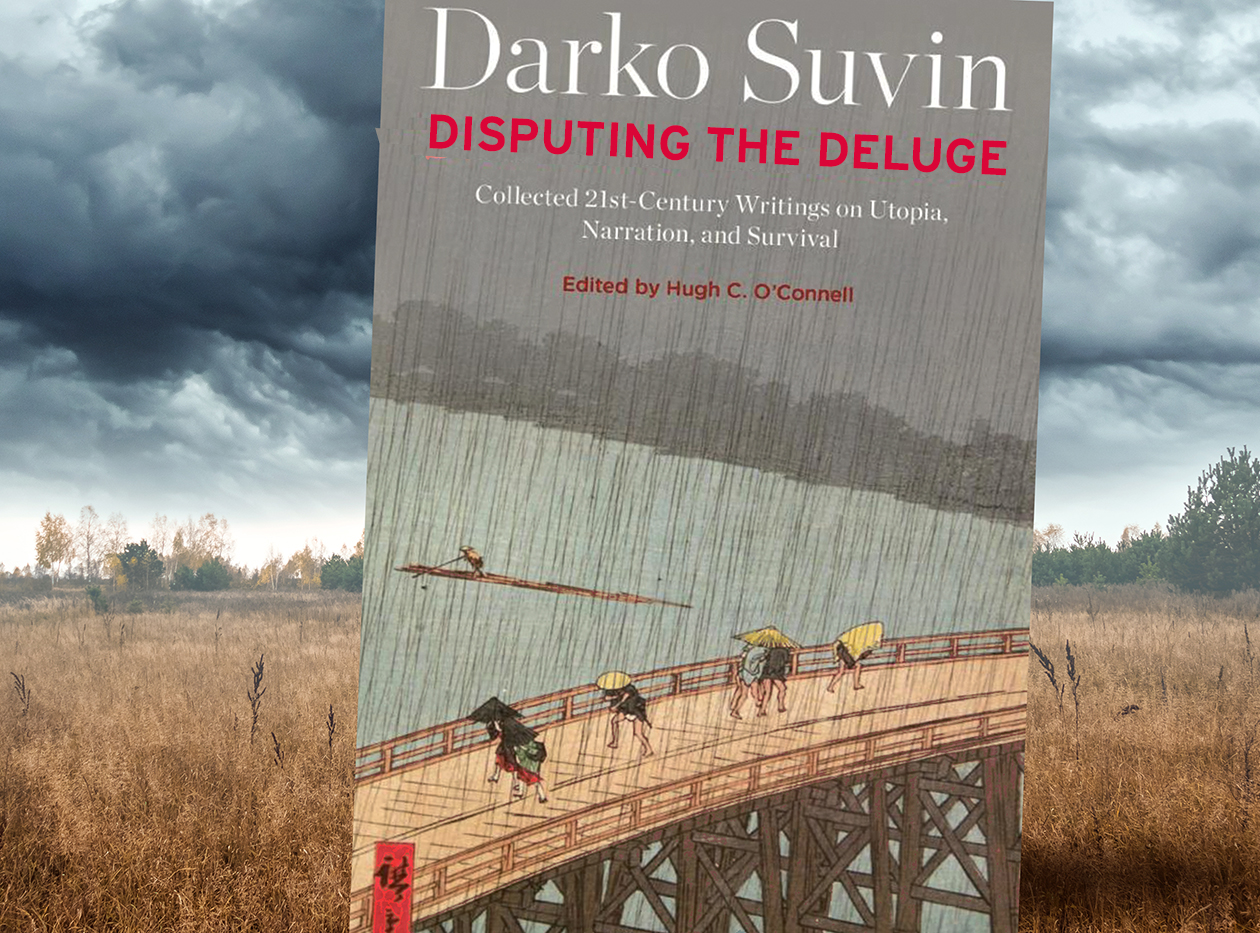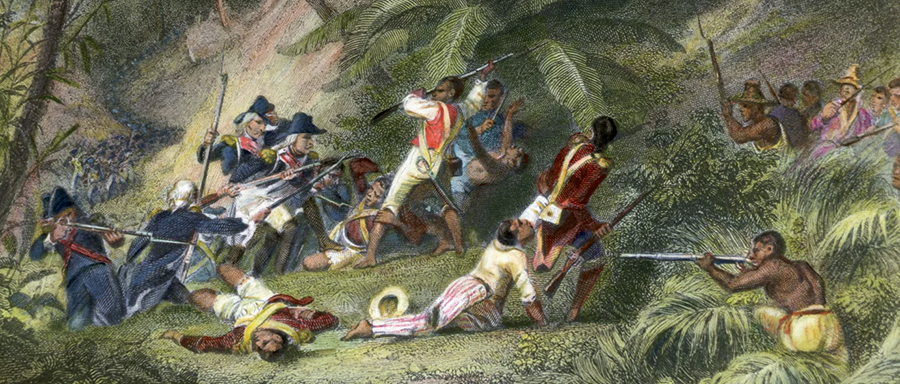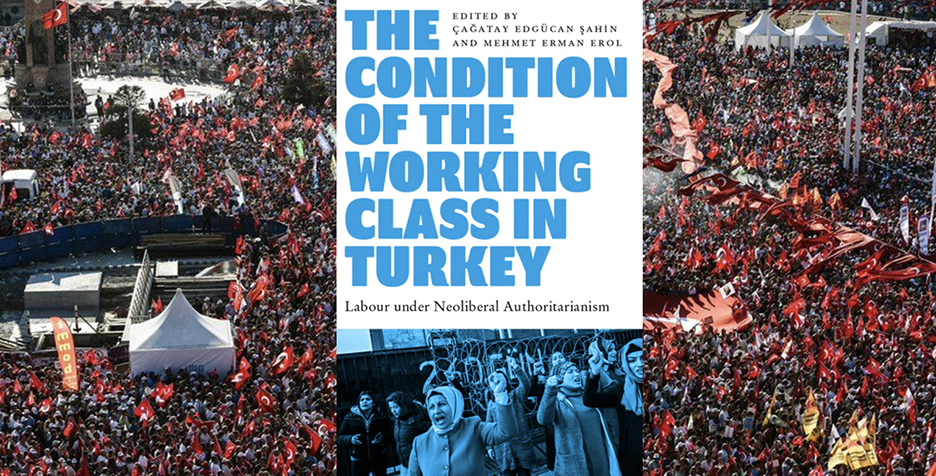Studies in the Works of Antonio Gramsci with Piruz Alemi
Online: Zoom link will be provided to registered participantsThis 10-week session has four sessions remaining which feature a close reading of Gramsci’s Prison Notebooks. We will look to connect cultures and their human rights struggles. We will also explore those who influenced Gramsci, particularly Marx, but also Machiavelli and Croce. This seminar is accessible to people at all levels of familiarity with Gramsci’s work, including those just beginning their studies of Gramsci. Join at any time.
New York City and the Experience of Modernity, Fall session
Online: Zoom link will be provided to registered participantsIn the year 1877, the signals were given for the rest of the century; the black would be put back; the strikes of white workers would not be tolerated; the industrial and political elites of North and South would take hold of the country and organize the greatest march of economic growth in human history. They would do it with the aid of, and at the expense of, black labor, white labor, Chinese labor, European immigrant labor, female labor, rewarding them differently by race, sex, national origin, and social class, in such a way as to create separate levels of oppression – a skillful terracing to stabilize the pyramid of wealth.” —Howard Zinn
This is a seminar about New York City and its people. It is not a study of architectural styles and objects, - although the physical stuff of cities does play a role—but it is a course about the experience of the way in which modernity builds and destroys cities.
The Warehouse: Workers and Robots at Amazon with Alessandro Delfanti
Online: Zoom link will be provided to registered participants“Delfanti has done here what more critics of Amazon should — listen carefully to the people whose work makes the corporation function. Those of us fighting for a better future than Amazon's dystopia have much to learn from this book”. — Dania Rajendra, Inaugural Director, Athena Coalition
Grundrisse: The Chapter on Money (The first two notebooks)
Online: Zoom link will be provided to registered participants“Forces of production and social relations - two different sides of the development of the social individual - appear to capital as mere means, and are merely means for it to produce on its limited foundation. In fact, however, they are the material conditions to blow this foundation sky-high...” —Karl Marx, The Grundrisse
Everyone a Legislator with author Michael Denning
Online: Zoom link will be provided to registered participants“Perhaps Gramsci’s political science is … a “necessary expression of his time, the short twentieth century, an era now ended, the ae of three words divided between Fordist capitalism, bureaucratic communism and the post-colonial settlements of decolonization. If this is true, is there a future for Gramsci’s legacy?” —Michael Denning
Revenge Capitalism with Max Haiven
Online: Zoom link will be provided to registered participantsIn Revenge Capitalism, Max Haiven argues that this economic vengeance helps us explain the culture and politics of revenge we see in society more broadly. Moving from the history of colonialism and its continuing effects today, he examines the opioid crisis in the US, the growth of 'surplus populations' worldwide and unpacks the central paradigm of unpayable debts - both as reparations owed, and as a methodology of oppression. Revenge Capitalism offers no easy answers, but Max has made a powerful call to the radical imagination: “When you live in someone else’s utopia, all you have is revenge. We live in capitalism’s utopia, a world almost completely reconfigured to suit the needs of accumulation. And the world’s alight, and ours is an age of vengeance. It is vengeance, sadly, that is usually directed at those who least deserve it and which leaves those whose actions led to the current state of affairs, or who benefit from it, free or even more empowered.” —Max Haiven, from his introduction to Revenge Capitalism
Ecosocialism in the Shadow of Covid
Online: Zoom link will be provided to registered participantsWe will read and discuss three books: The Corona Crash (Verso), by Grace Blakeley, details how the pandemic is ushering in a new era in which the corporate economy collapses into the arms of the state, and behemoths like Amazon and Netflix balloon in profit and power. White Skin, Black Fuel (Verso), by Andreas Malm and the Zetkin Collective, takes a comprehensive look at how extreme-right currents are responding to ecological crises with with authoritarian and xenophobic proposals while remaining ardent supporters of fossil capital – black fuels to support white supremacy. And A People’s Green New Deal (Pluto), by Max Ajl, engages critically with various Green New Deal proposals and sketches out a radical alternative committed to degrowth, anti-imperialism and agro-ecology.
Brecht’s Communist Manifesto Today!
Online: Zoom link will be provided to registered participantsBrecht closes his Manifesto replying to Marx and Engels closing line in their Manifesto, “The proletarians have nothing to lose but their chains. They have a world to win,” by answering, “How may the workers break their own class chains? Only by breaking everybody’s chains.” Marx once said that there are historical moments when the working class must gain class-consciousness and become historical subjects. We are at just such a historical moment. Are we up to the task?
The Art of Diane Esmond
Online: Zoom link will be provided to registered participantsDiane Esmond (1910-1981) left an under-appreciated legacy of paintings. Although her artistic eye ranged over many subjects, her culminating evocations of the tropical forest have taken on added importance in the decades since her death. Based for most of her life in France, she displayed her work in Paris in the 1930s and internationally from the ‘50s through the ‘70s. Forced into exile in 1940, she spent the intervening years in New York; the paintings she left behind were seized (and many destroyed) by the Nazi occupation regime
The Essential Political Writings of Hubert Harrison
Online: Zoom link will be provided to registered participantsJeffrey B Perry describes Harrison “as the most class conscious of the race radicals and the most race conscious of the class radicals in those years” adding that he is “a key link in the two great trends of the Civil Rights/Black Liberation struggle—the labor and civil rights trend associated associated with A. Philip Randolph and Martin Luther King, Jr. and the race and nationalist trend associated with Marcus Garvey and Malcolm X.”
A Guide to The Communist Manifesto with Phil Gasper
Online: Zoom link will be provided to registered participantsIF YOU CANNOT OURCHASE ON OUR SITE, TICKETS ARE AVAILABLE AT EVENTBRITE: https://www.eventbrite.com/e/203494927807
Since Phil produced this edition, the English-reading left has had an authoritative introduction to history’s most important political document, with the full text of The Communist Manifesto by Marx and Engels. This beautifully organized and presented edition of The Communist Manifestois fully annotated, with clear historical references and explication, additional related texts, and a glossary that will bring the text to life for students, as well as the general reader. Since it was first written in 1848, the Manifesto has been translated into more languages than any other modern text. It has been banned, censored, burned, and declared “dead.” But year after year, the text only grows more influential, remaining required reading in courses on philosophy, politics, economics, and history.
Parade of the Old New with artist/author Zoe Beloff
Online: Zoom link will be provided to registered participantsA discussion by Zoe Beloff about her new 40-panel accordion book that reproduces, Parade of the Old New, an epic panorama on cardboard panels, a 40 meter long allegory of the American body politic. The title is taken from a 1938 poem by Bertolt Brecht that inspired the theme of this work; now more than ever, we are not finished with the past and the past is not finished with us. The project was launched with Trump's inauguration and continued until he was defeated at the ballot box. It begins with the president's triumphal entry into Washington DC.Parade of the Old New is distributed by Booklyn, Inc. (booklyn.org). Booklyn also represents Beloff's work within the library and academic market.
Disputing the Deluge with Darko Suvin joined by Editor Hugh O’Connell and special guests
Online: Zoom link will be provided to registered participantsDarko Suvin’s writings from the early 2000s investigate the function of literary genres and reconsider the relationship between science fiction and fantasy, the essays collected here highlight the value of science fiction for grappling with the key events and transformations of recent years. Suvin’s interrogations show how speculative fiction has responded to 9/11, the global war on terror, the 2008economic collapse, and the rise of conservative populism, along with contemporary critical utopian analyses of the Capitalocene, the climate crisis,COVID19, and the decline of democracy. This collection allows new generations of students and scholars to engage directly with his work and its continuing importance and timeliness.
The Invention of the White Race
Online: Zoom link will be provided to registered participantsTheodore W. Allen spent 30 years researching the primary sources and writing The Invention of the White Race (2 volumes), which provides a historical materialist analysis of racial oppression and the white identity which emerged as a principal form of social control over rebellious laboring class of European and Africans in the pattern setting colonies of Virginia and Maryland in the late 17th early 18th century.
The Condition of the Working Class in Turkey
Online: Zoom link will be provided to registered participantsMoving beyond headlines and personalities, uncovered are the real working class conditions in modern Turkey. Combining field research and interviews, cutting-edge analyses of workplace struggles, trade unionism, the AKP’s relationship with neoliberalism, migration, gender, agrarian change and precarity, as well as the Covid-19 pandemic and its impact on workers are presented succinctly. Brought together by a broad range of Turkish activists and scholars who consider what the dynamics and contradictions of working-class resistance against Turkey’s neoliberal authoritarian regime have become.

